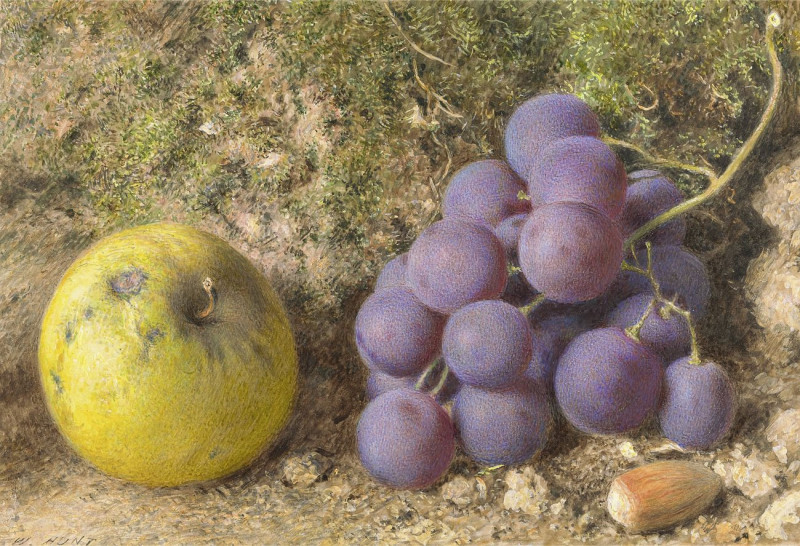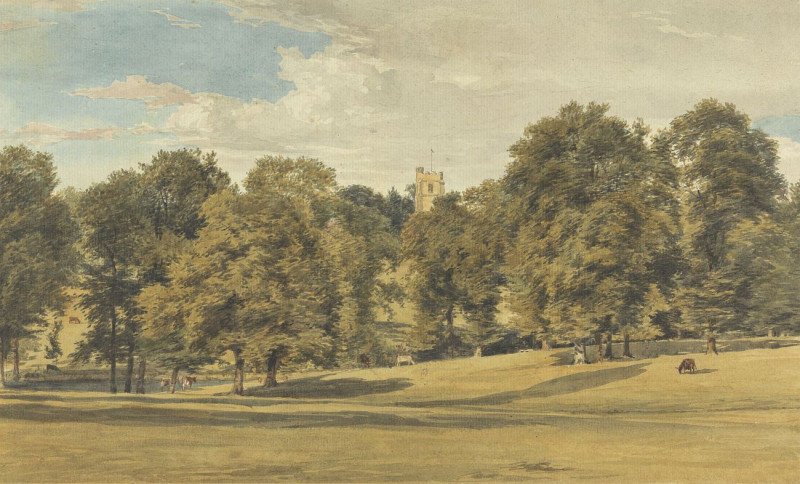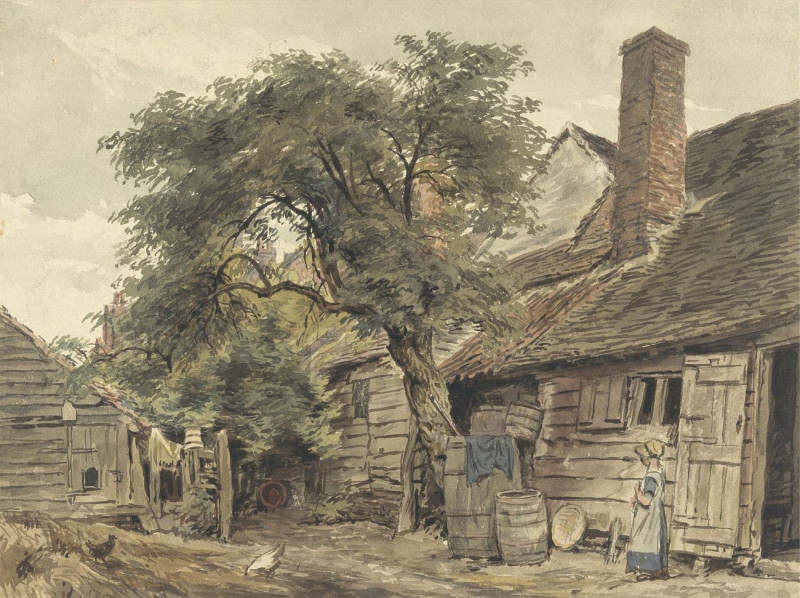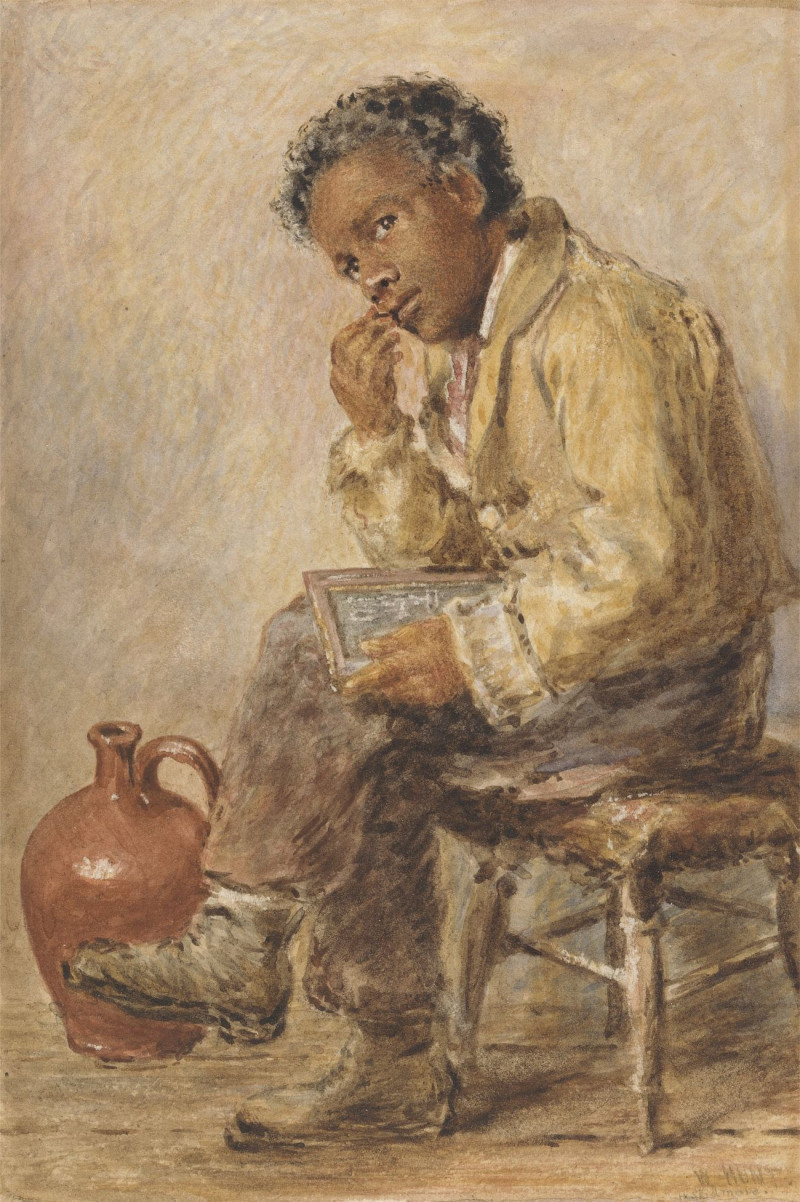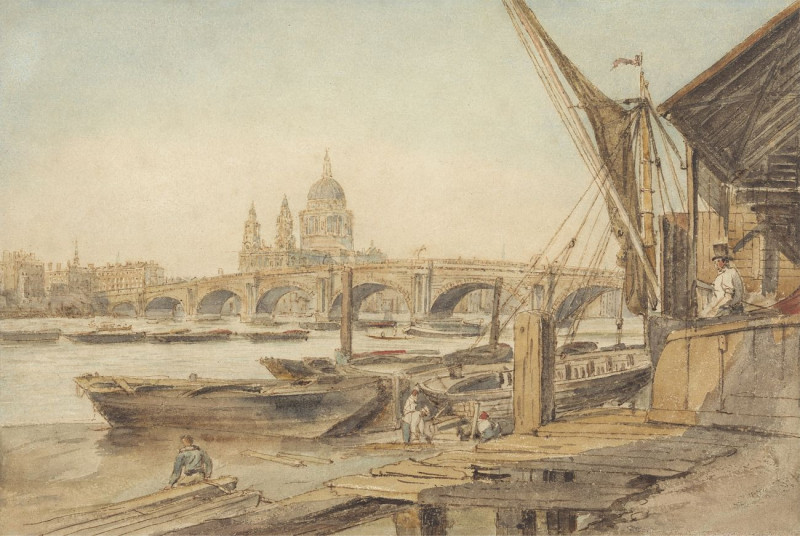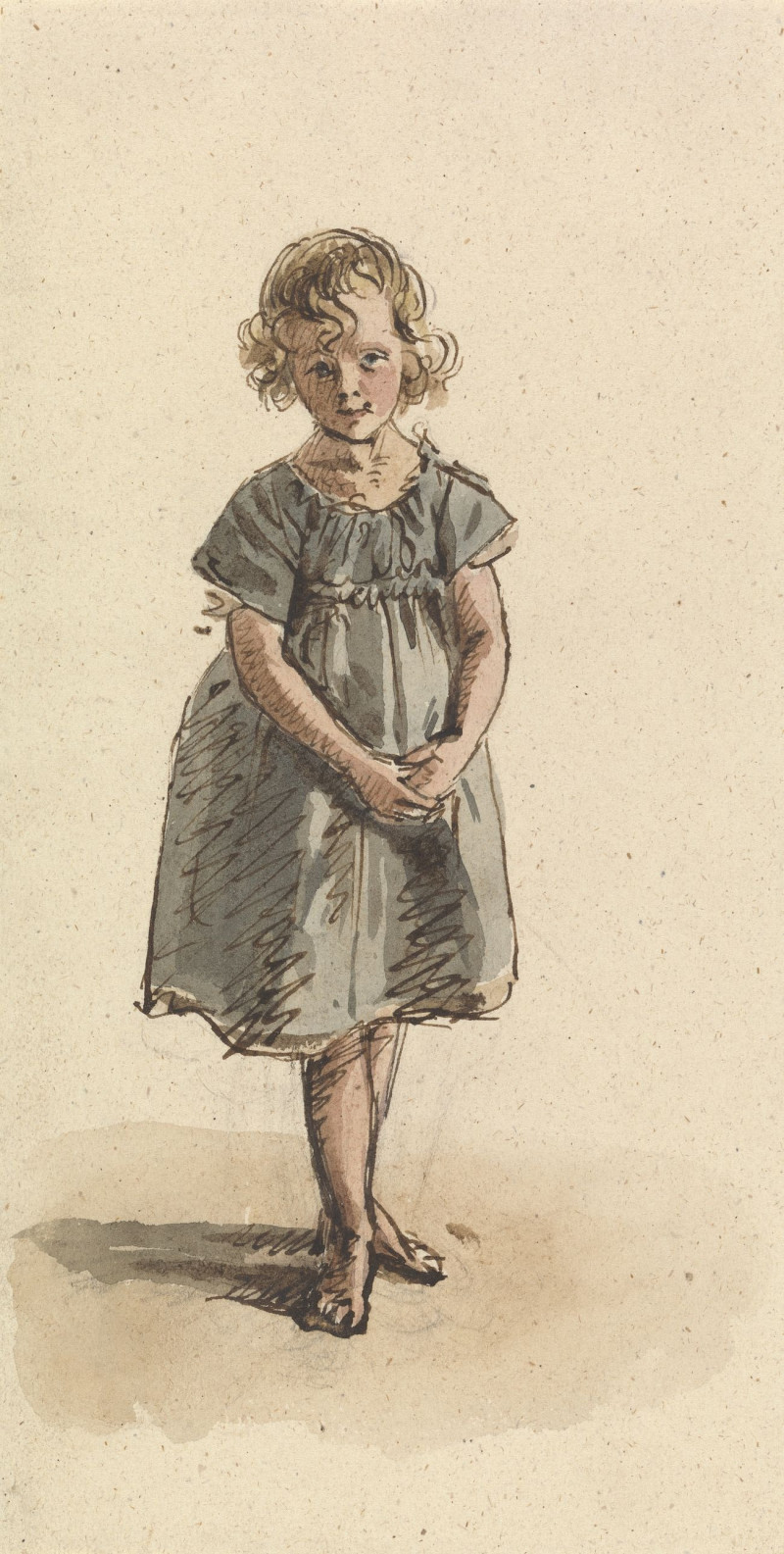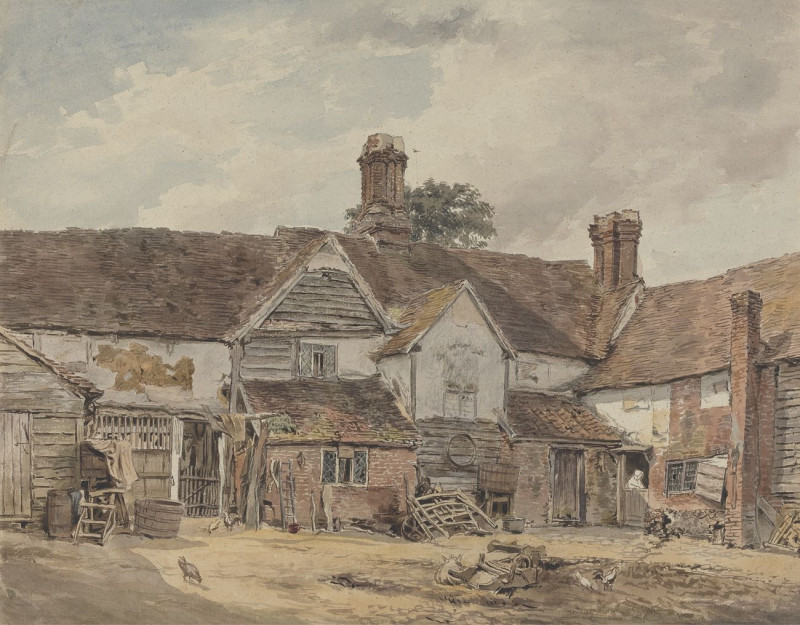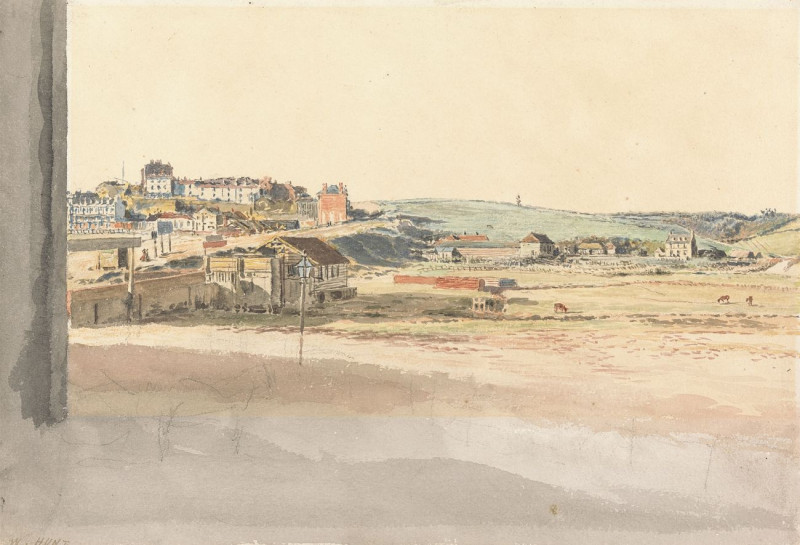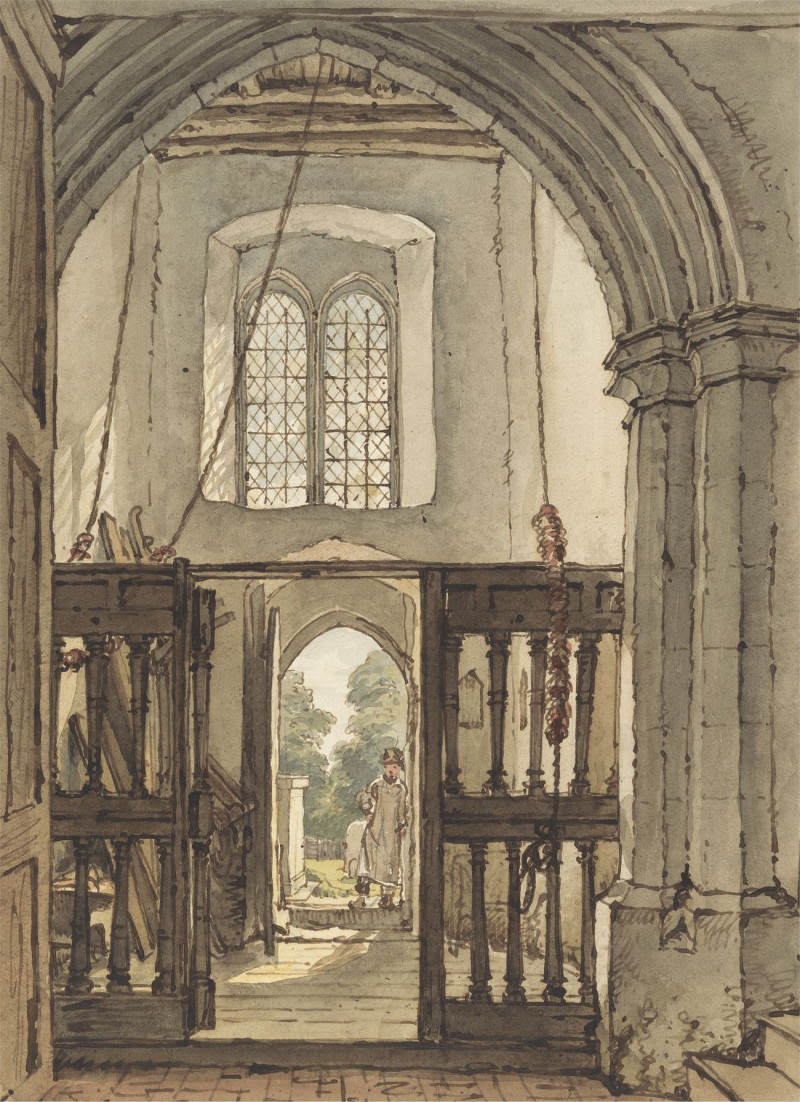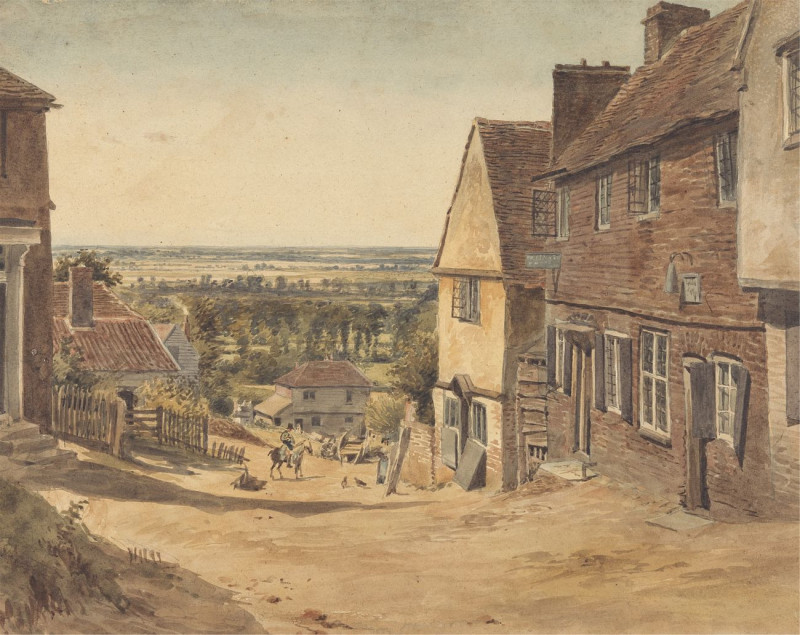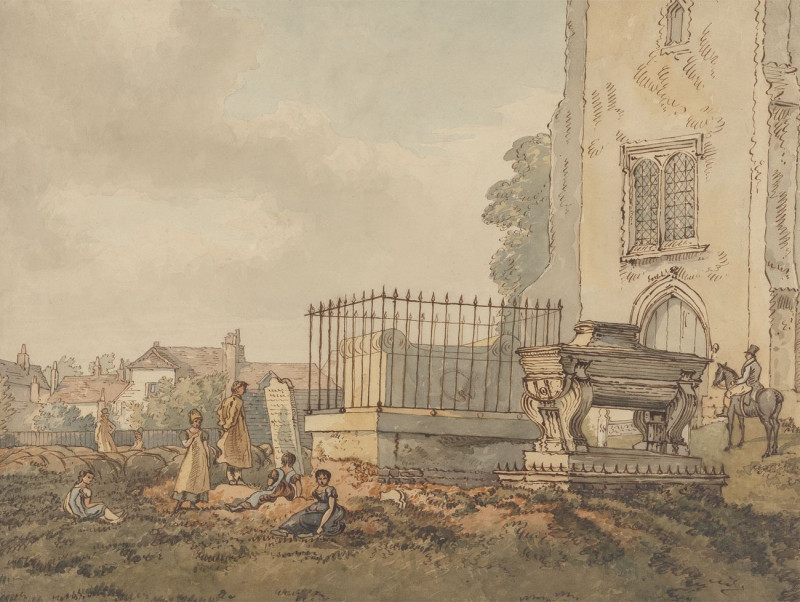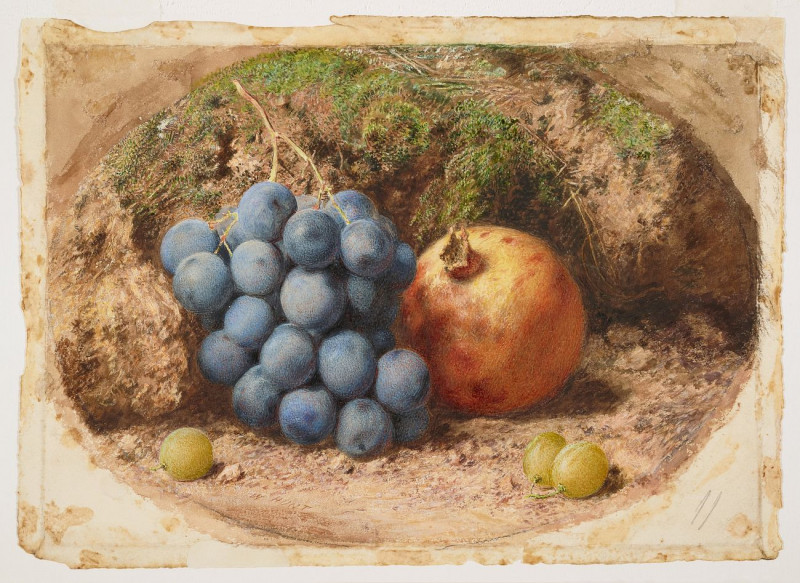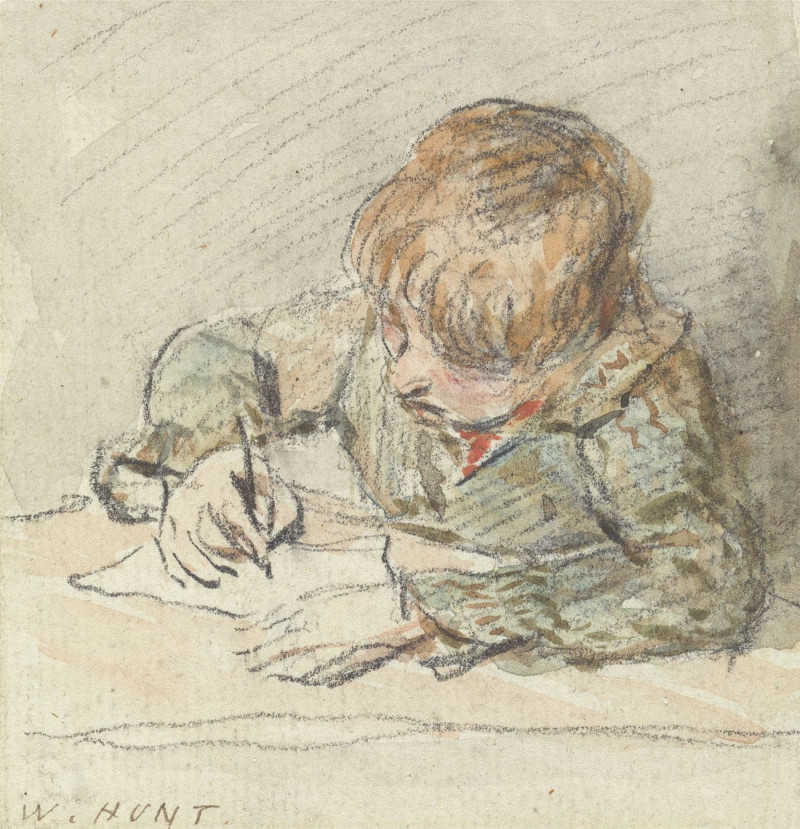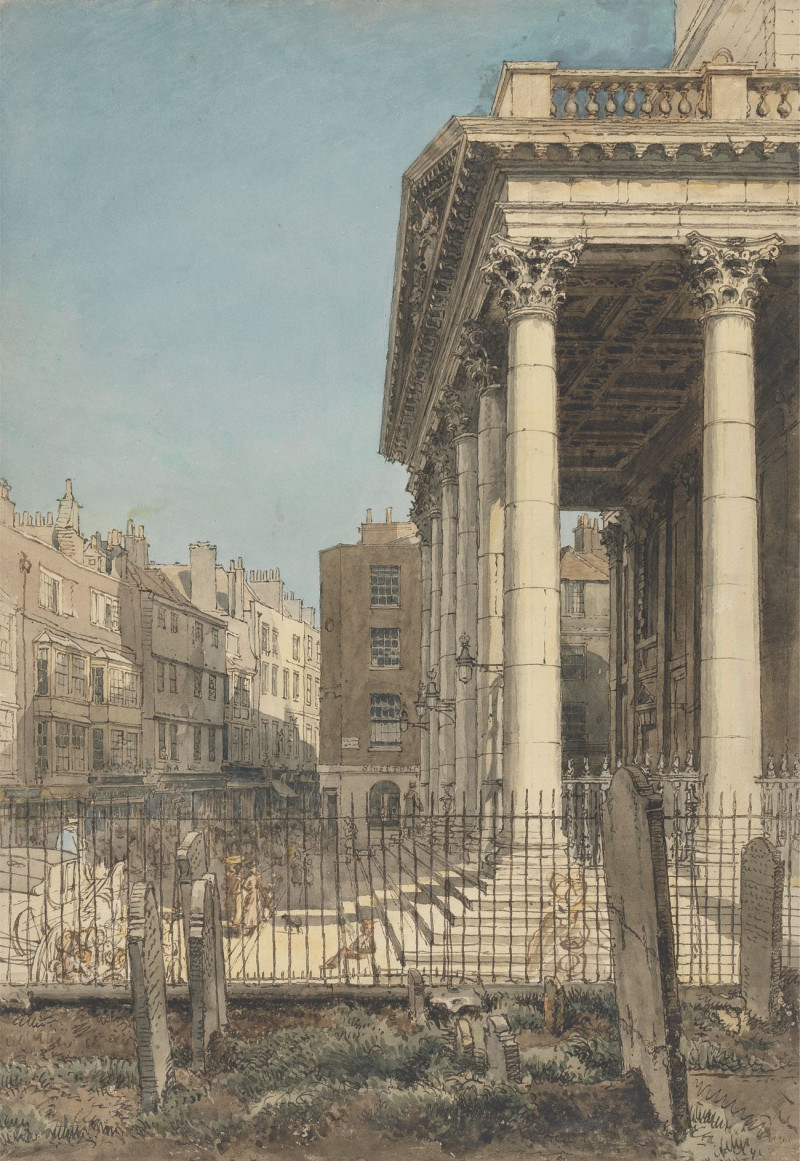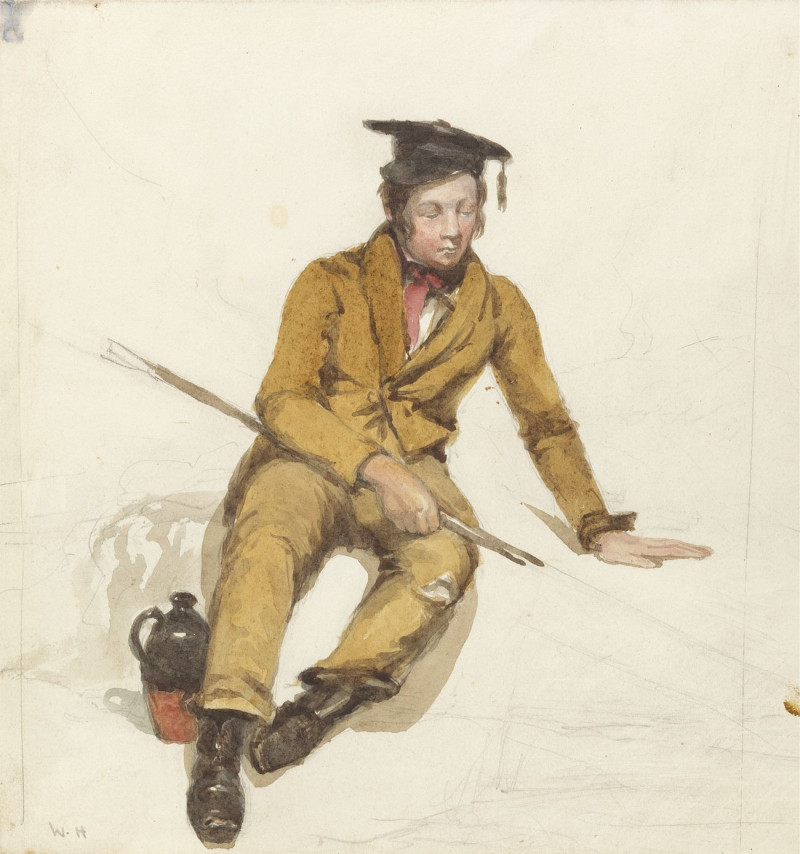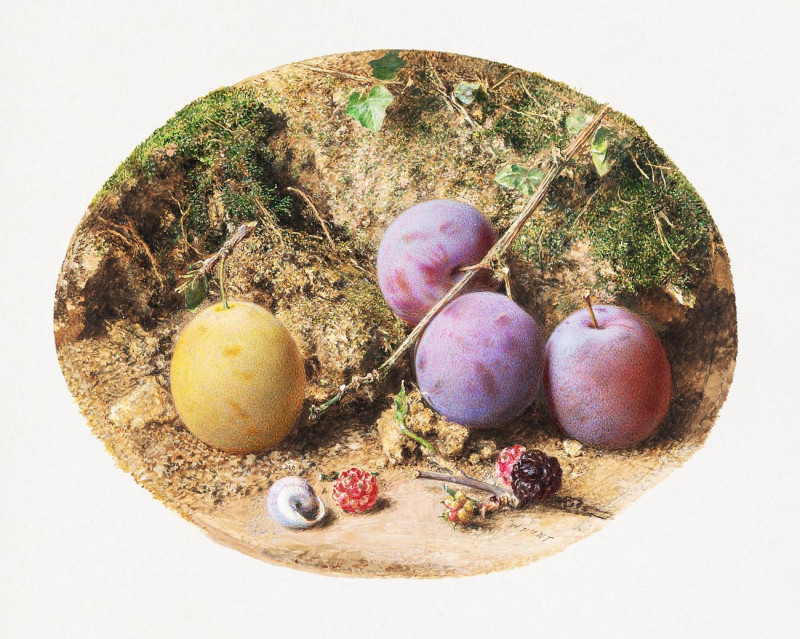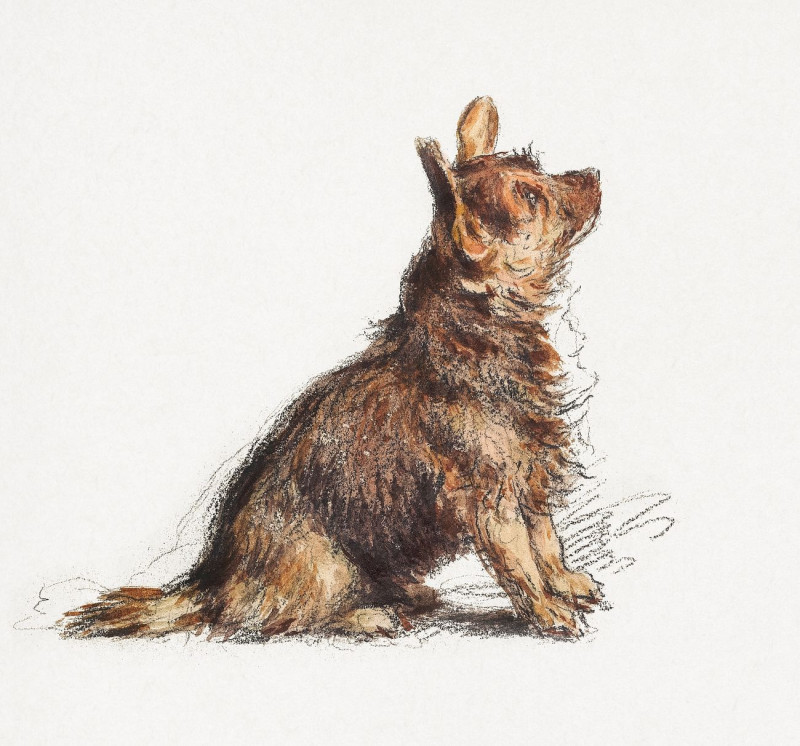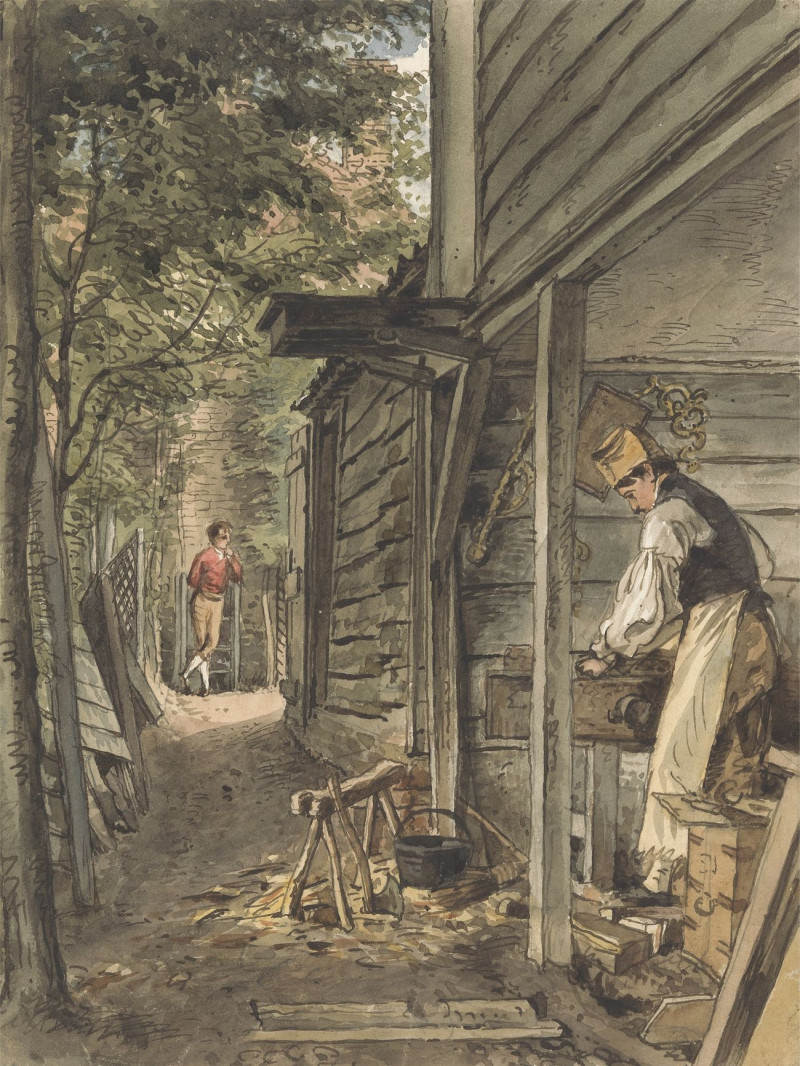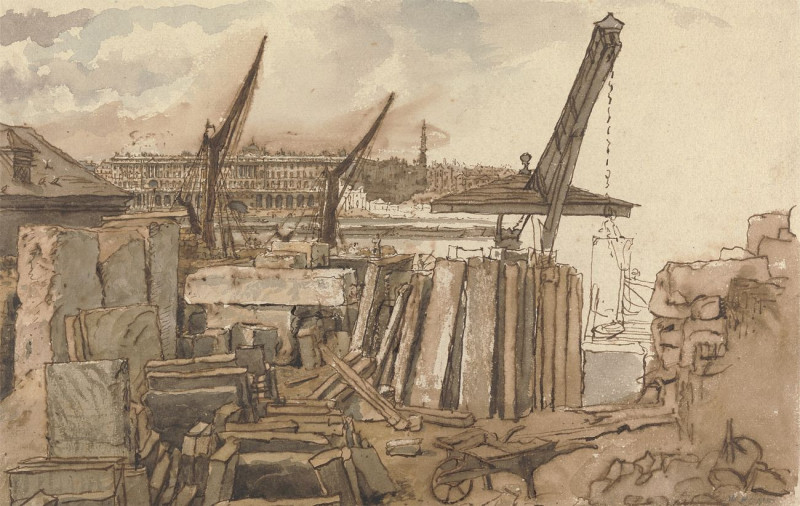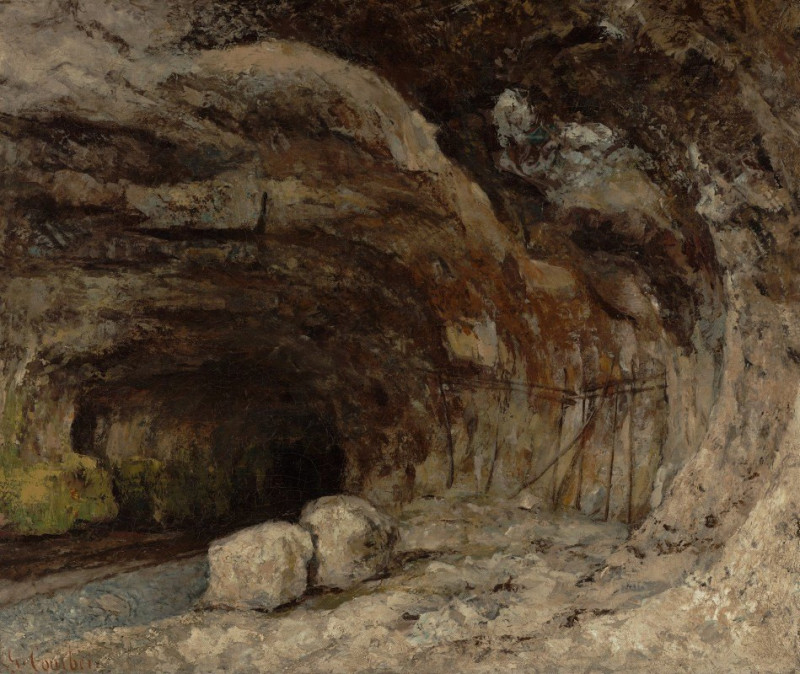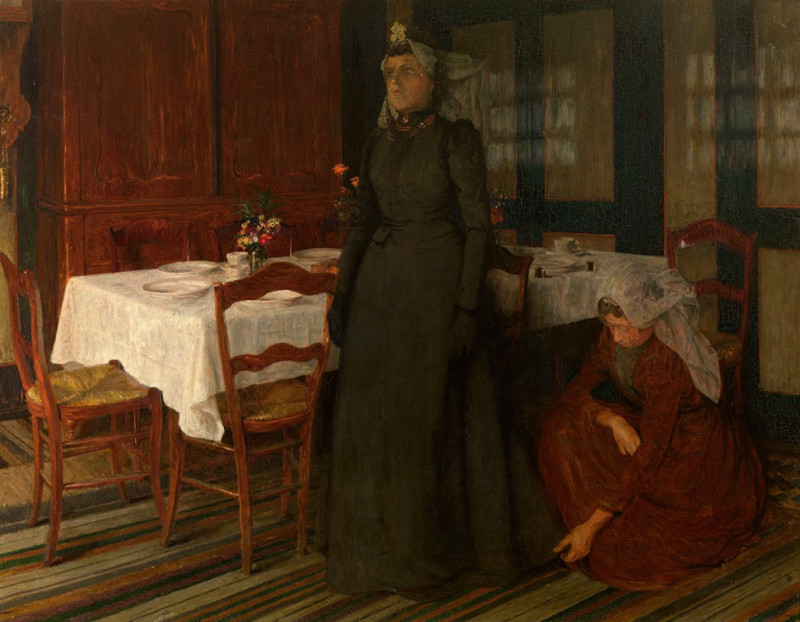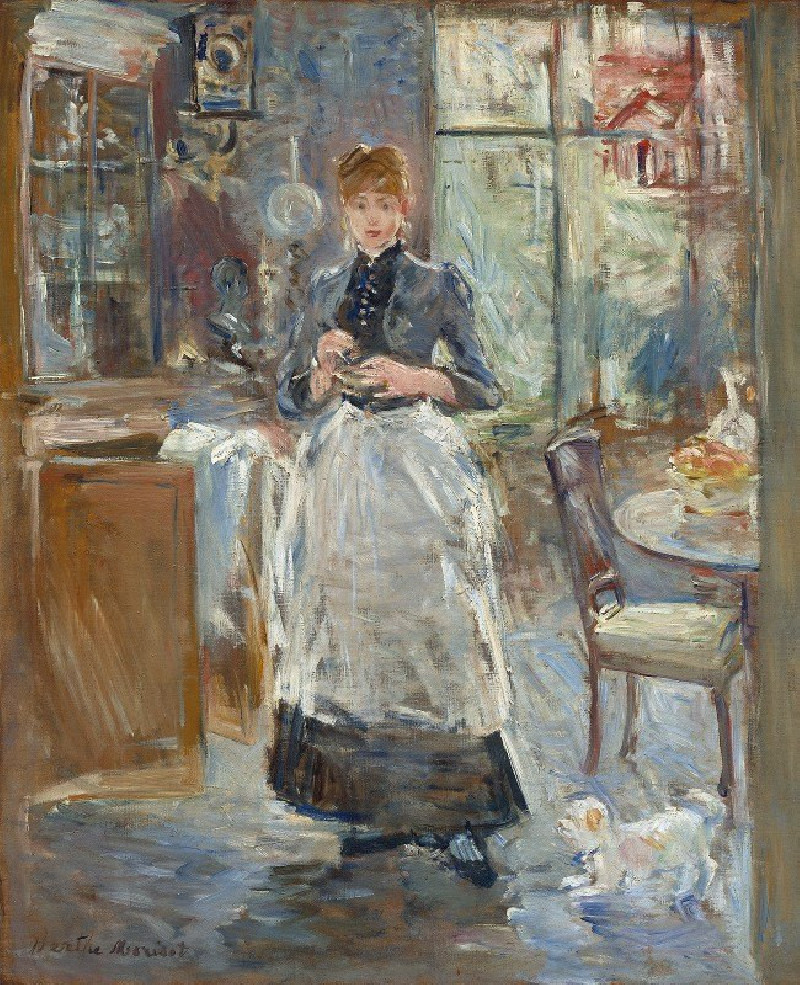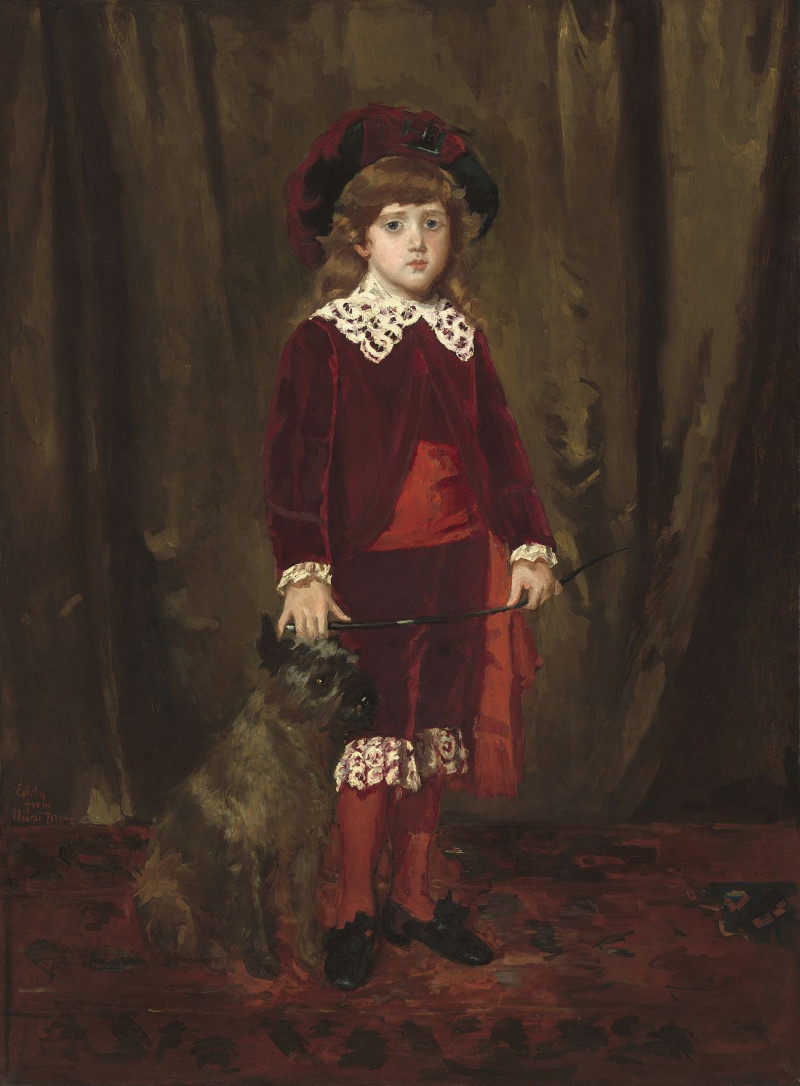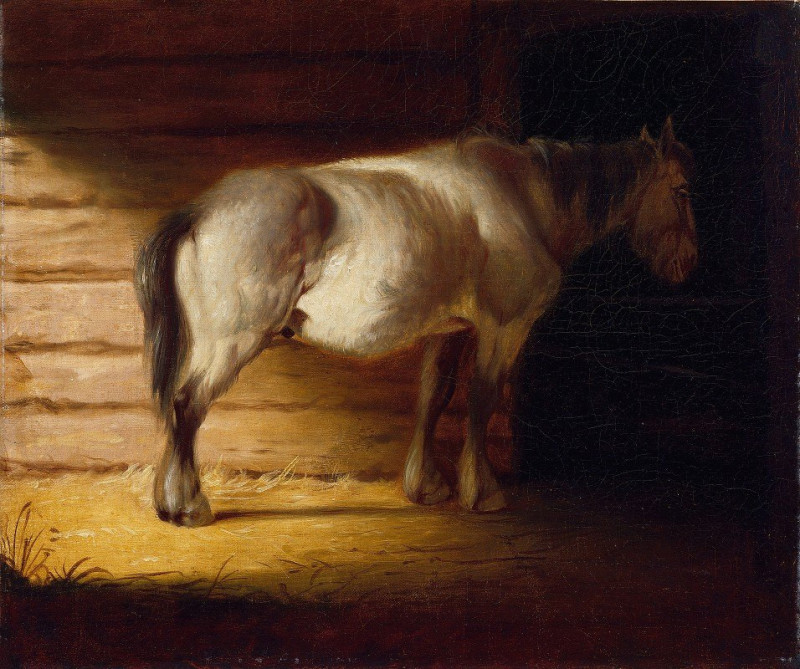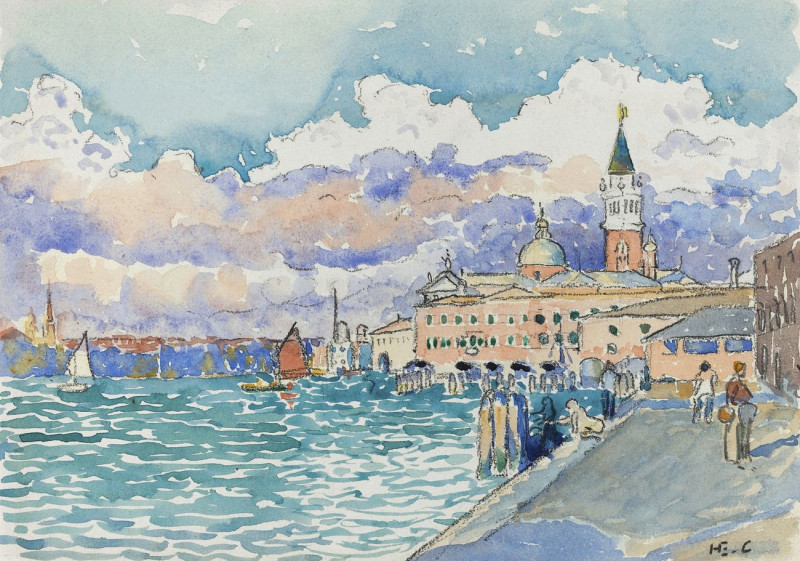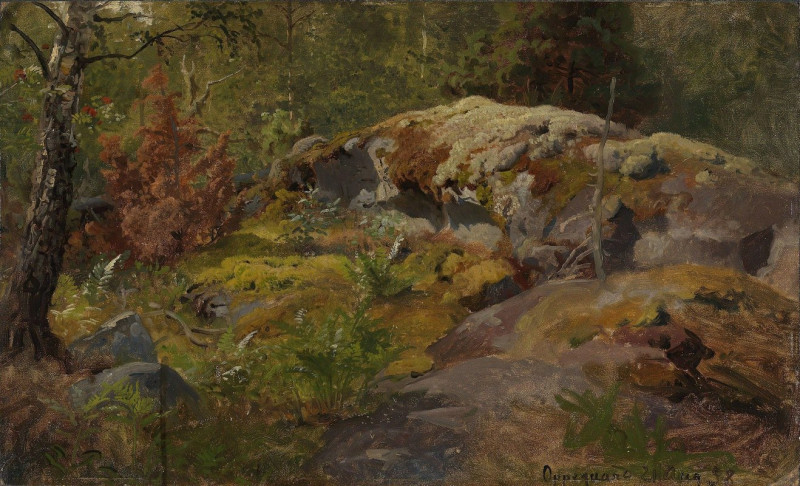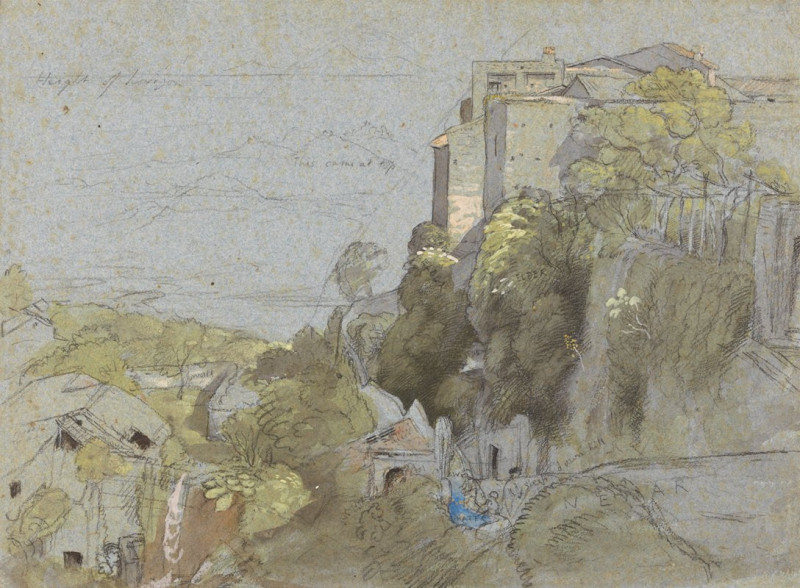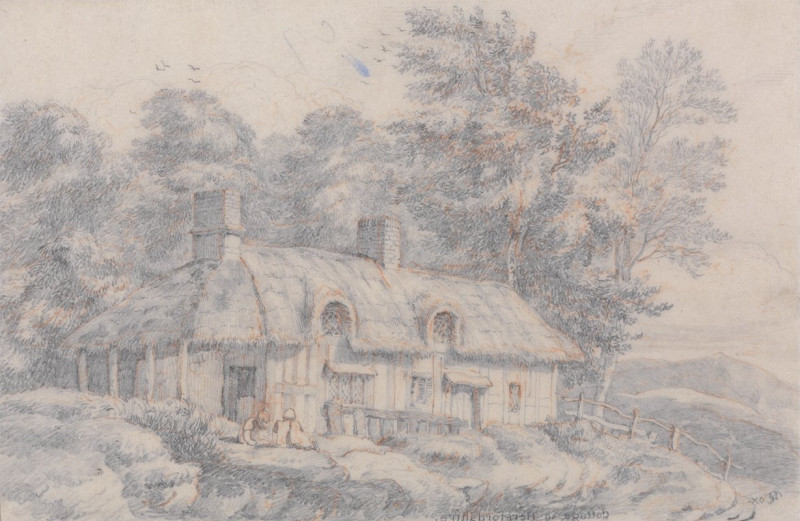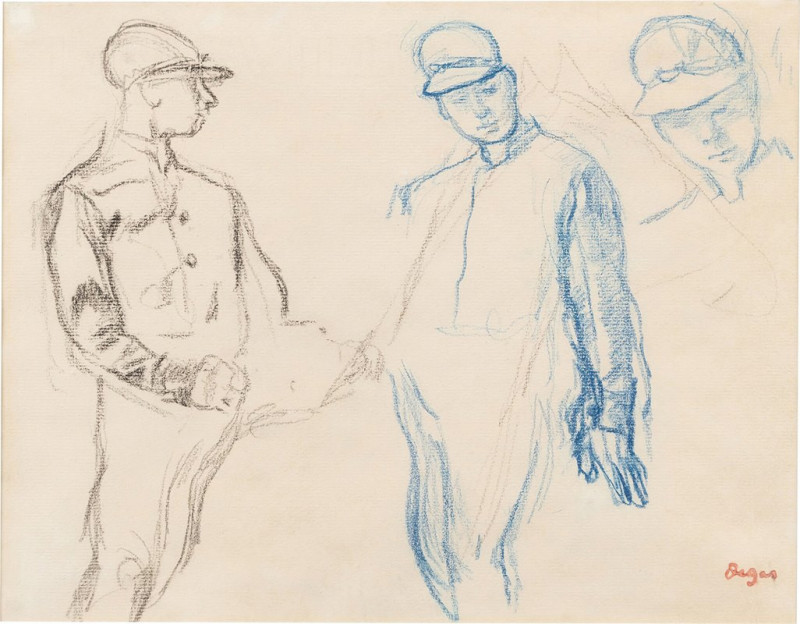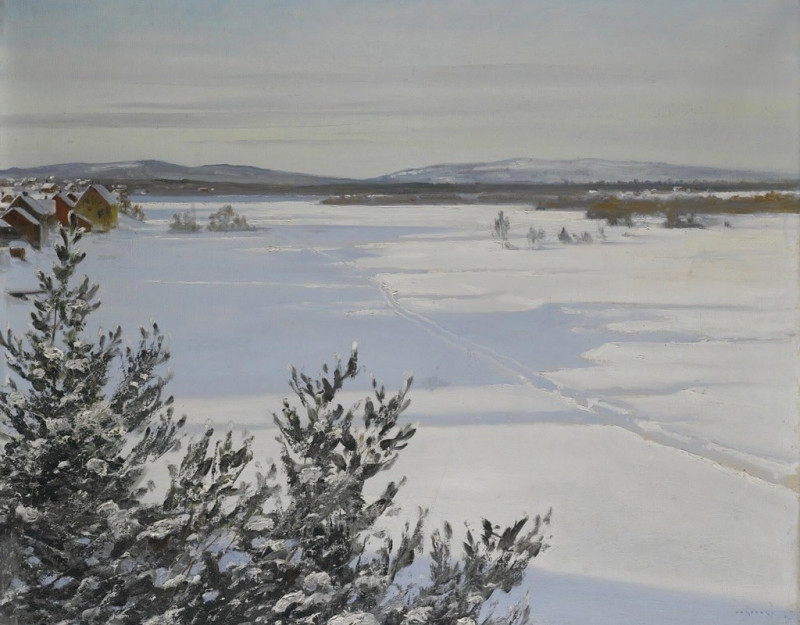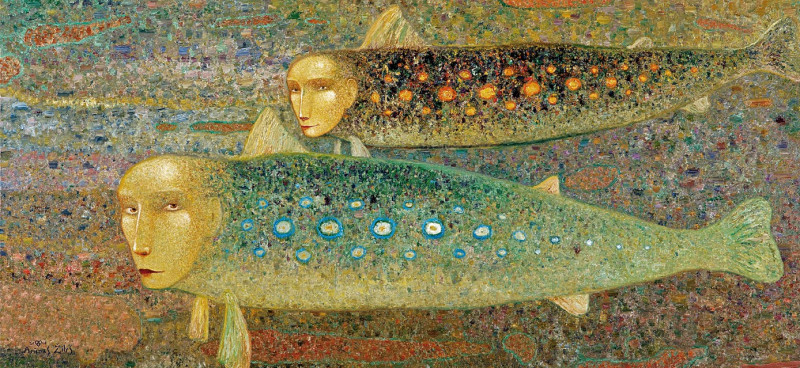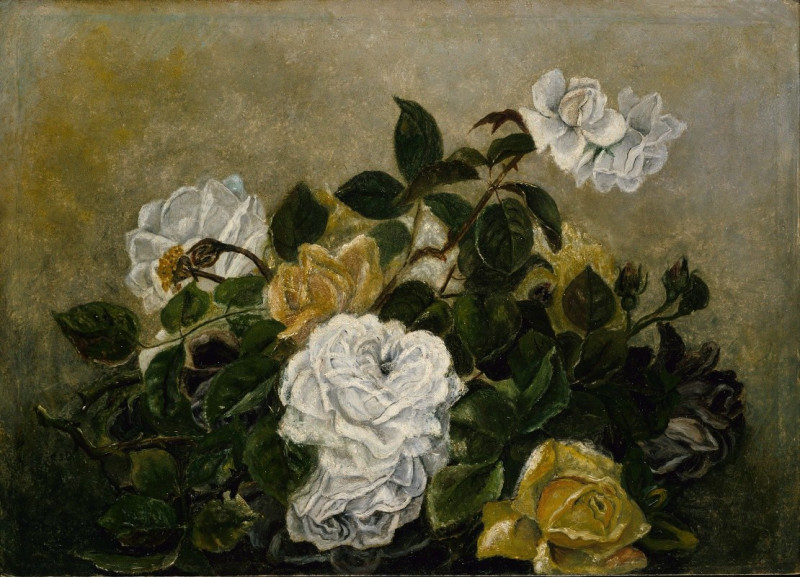Barn Interior
Technique: Giclée quality print
Recommended by our customers
More about this artwork
"Barn Interior" by William Henry Hunt captures the rustic charm and dusky atmosphere of a barn in a rural setting. The painting is rendered in a somewhat impressionistic style, employing broad, expressive brushstrokes that evoke a sense of age and texture within the barn's interior.The focal point of the composition appears to be a cluttered workbench, laden with various tools and items, which hints at the day-to-day activities that might occur in this space. The barn seems to be dimly lit, illuminated by natural light filtering in from outside, which casts dramatic shadows and highlights the dense wooden beams and posts that structure the room.Scattered hay on the ground and the rugged wooden textures contribute to the overall feeling of a well-used agricultural space. The shadows and dark corners of the barn suggest depth and create a sense of mystery about what might lie within the darker areas of the scene.Overall, the painting captures the essence of a moment of stillness in a typically busy, functional space, inviting the viewer to reflect on the simpler, tactile aspects of rural life.
Delivery
Returns
William Henry Hunt (1790–1864), a 19th century British painter and watercolorist specialized in still life compositions. His early works were watercolor landscapes and portraits, but he later concentrated on painting still lifes of flowers, fruits, bird nests and eggs, figures in domestic settings and candlelight scenes. He is famous for developing a unique technique to create an enamel-like appearance to his paintings, which influenced many Victorian artists.


